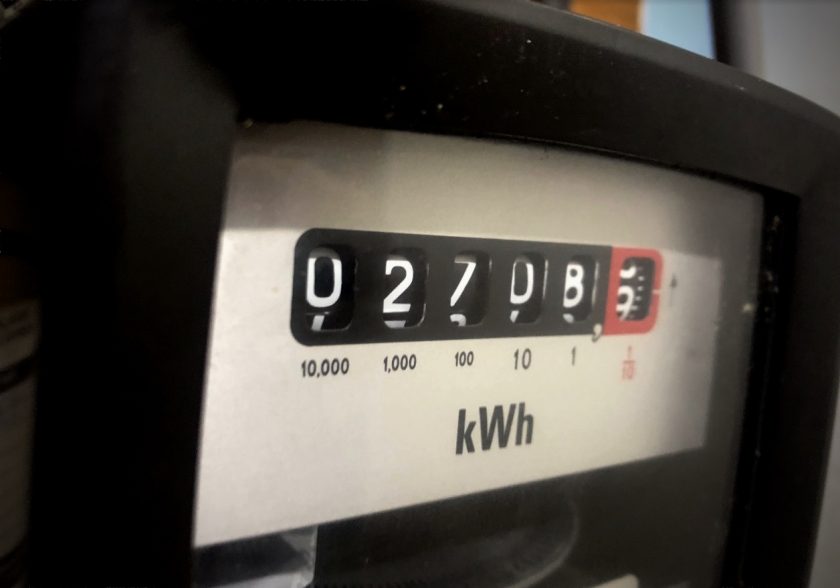Deeside.com > News
Posted: Fri 27th Dec 2024
Nine million UK households risk collectively overpaying £66 million on energy bills if they fail to submit a meter reading by 1 January, according to Uswitch.com.
Households on standard variable tariffs (SVTs) without smart meters must update their readings before New Year’s Day to ensure their usage is charged at December’s rates rather than the higher prices coming into effect in January.
The difference between a week’s worth of energy billed at January rates compared with December is £6.67 per household on average. With nine million households potentially affected, the total excess could reach £66 million if readings aren’t submitted in time.
Increased January costs
The rise stems from both higher rates and increased energy usage during colder months. Uswitch’s analysis estimates the average household will spend £165 on energy in January, up from £135 in December.
Those failing to provide an updated meter reading risk their usage being estimated, potentially placing part of their December consumption under January’s higher rates.
Elise Melville, energy expert at Uswitch.com, said: “Submitting a meter reading may not be top of households’ to-do list this Christmas, but it’s worth doing to avoid the risk of paying more for their energy in the New Year.”
She added: “Customers who don’t have a smart meter should aim to submit their readings before or on Wednesday 1 January so their supplier has an updated – and accurate – view of their account.”
Barriers to submission
Research found that 14% of households who haven’t submitted a recent reading are unsure how to read their meter, while 12% don’t know where it is. Uswitch offers online guides to assist customers with the process.
Future price changes
Energy prices are expected to continue rising, with Cornwall Insight predicting a 1% increase in the energy price cap in April to £1,762. This follows a 1% rise in January and a 10% increase in October.
Fixed tariffs may provide stability for households concerned about fluctuating rates. “By opting for a fixed deal, households could avoid the ups and downs of the price cap,” said Melville, who also advised consumers to check for early exit fees before switching tariffs.
Tips to keep bills low
Uswitch advises households to:
- Check meter readings are accurate and submitted regularly.
- Track energy usage using tools like smart meter apps.
- Change tariffs if a better fixed-rate deal is available.
Households can use comparison tools to explore personalised tariffs and potentially save money before the price hike in January.
Spotted something? Got a story? Send a Facebook Message | A direct message on Twitter | Email: [email protected]
Latest News

